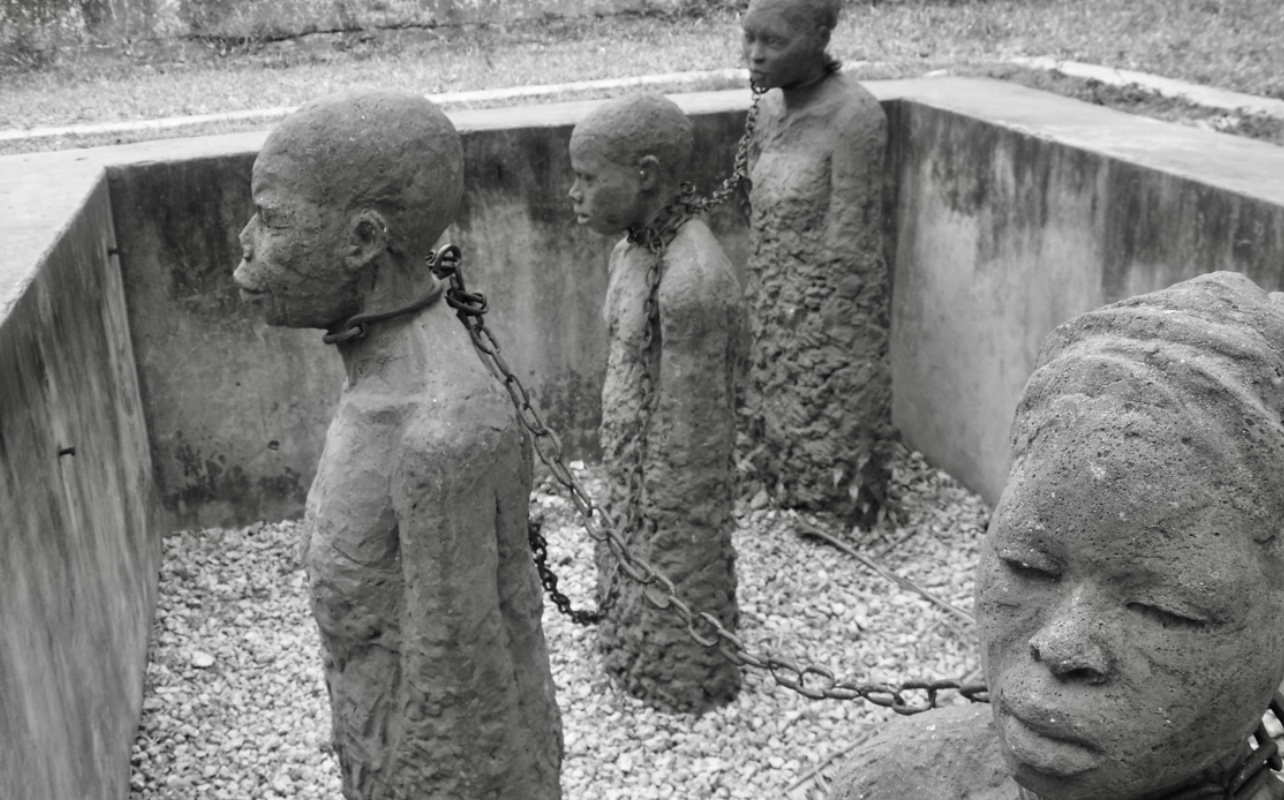
August 15, 2024
The Clotilda: Last Known US Slave Ship Should Remain Underwater, Experts Say
The ship is “too broken” and “too decayed” to be evacuated, archaeologists say.
The task force headed by the Alabama Historical Commission determined that the Clotilda, the last ship known to transport enslaved Africans to the United States, was too decayed to be extracted from the Mobile River. According to the 500-page report, researchers recommend that the best way to memorialize the ship is to keep it underwater.
“There is no other site in the world that presents such physical evidence as the Clotilda,” marine archeologist James Delgado told The Associated Press.
He continued, “Clotilda is the scene of the crime, so everything we did was in that crime scene investigation manner.”
After the Civil War, 32 freed survivors of Clotilda purchased land just outside of Mobile and established Plateau Village, now known as Africatown.
William Foster took the ship West Africa, where he illegally smuggled 110 Africans back to Alabama. Upon his return, he attempted to burn and sink the ship to hide the evidence of his crime.
The Clotilda remained undetected at the bottom of the Mobile River until it was discovered in 2019. The state then investigated whether the ship could be excavated and turned into a museum.
Delgado said it’s not impossible to evacuate parts of the ship, but it would be “difficult and costly.”
Despite the risks, some residents support the museum, stating that it would bring much-needed revenue to Africatown and the descendants of the enslaved Africans who arrived on Clotilda. But others disagree with this sentiment.
Patrica Frazier, a descendant of a Clotilda survivor, says she prefers to keep the ship underwater.
“I’m more inclined to have a memorial. We don’t need to spend $30 million to dig up a ship. And it will take too long to recover that money to directly benefit the community, she said to The Associated Press.
RELATED CONTENT: Family Of Former Slaver Apologizes For Role In Guyanese Slave Trade